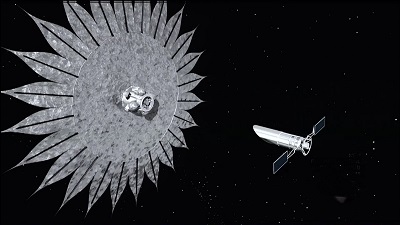_550.jpg)
Martin Luther and his 95 theses in front of a depiction of the Big Bang
Today we will apply the advice of apologist Sean McDowell. McDowell, son of “Evidence that Demands a Verdict” apologist Josh McDowell and an author[1] and college professor in his own right, suggests:
#Apologetics Tip of the Day: Arguments must be presented in a way that is faithful to Christ. Both the medium and the message matter.
— Sean McDowell (@Sean_McDowell)
November 8, 2017
With his PhD and years of experience, starting no doubt as a child at the foot of his apologist father, many Christians turn to McDowell for advice on witnessing. And what he provides above is solid advice. So here’s the question: is using the Big Bang as a witnessing tool to back up the Biblical account being faithful to Christ? Let me answer as Jesus often did: with a question. Would you use the details of the back story of Superman to support the miraculous powers of Jesus? Such a story (a work of fiction I would remind you) might go something like this: Continue Reading



